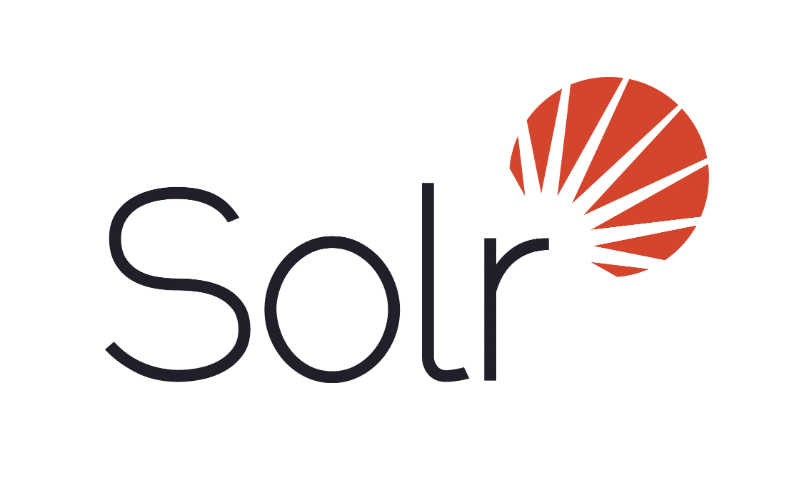Evolving Beyond Solr: Meeting the Demands of AI-Driven Search
Solr is an open-source search platform built on Apache Lucene. It’s trusted by enterprises to index and search vast volumes of structured and unstructured data. Solr performs well for use cases like:
- Full-text document and site search
- Log and event data analysis
- Business intelligence dashboards
- Metadata-based filtering and faceted navigation
However, as search systems evolve toward AI-native workloads—like semantic search, vector-based ranking, and Retrieval-Augmented Generation (RAG)—many Solr users encounter limitations that affect scalability, maintainability, and relevance quality.



